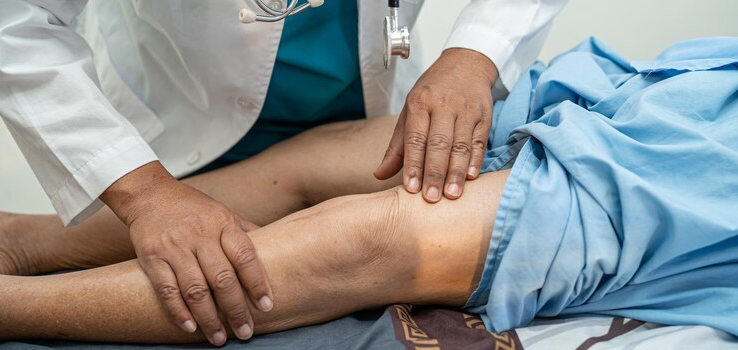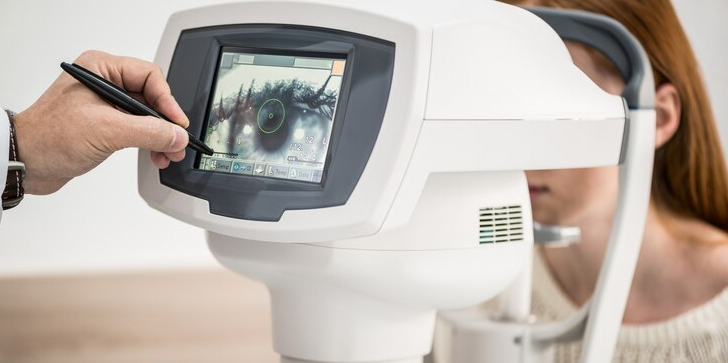Epithelioid hemangioendothelioma (EHE) is a rare, low to moderate-grade malignancy, even less in pulmonary endovascular neoplasm. Patients with pulmonary EHE have no optimal treatment, resulting in poor prognoses.
We reported a 42-year-old man with multiple mild metabolic uptakes in pulmonary endovascular filling defect with a maximum standardized uptake value of 4.5 by 18-fluorodeoxyglucose/fibroblast associated protein inhibitor-positron emission tomography/ computed tomography. Anticoagulant treatment was not effective with the diagnosis of acute pulmonary embolism.
A primary endovascular EHE pulmonary endovascular epithelioid hemangioendothelioma was diagnosed by endovascular biopsy with positive stains for molecular CD31, CD34 and CAMTA1, and it had low proliferative capacity characterized by Ki-67 of 5%. The mutation gene MSH2 (p.Y656 in exon 12) (mutation abundance of 0.07%) from peripheral blood indicates the potential benefit of an immune checkpoint inhibitor, pembrolizumab.
The patient was treated with tri-weekly paclitaxel (175mg/m2) and carboplatin (AUC 5) chemotherapy regimen. He exerted a remarkable response after 5 cycles (21 days per cycle) and Pembrolizumab (200mg once monthly) as maintenance treatment.
This case highlights the diagnostic challenge of differentiating endovascular lesions and optimal therapy for pulmonary EHE. Importantly, it indicated that the mutation gene MSH2 (p.Y656) might influence the pathogenesis of EHE.
Copyright © 2023 the Author(s). Published by Wolters Kluwer Health, Inc.















